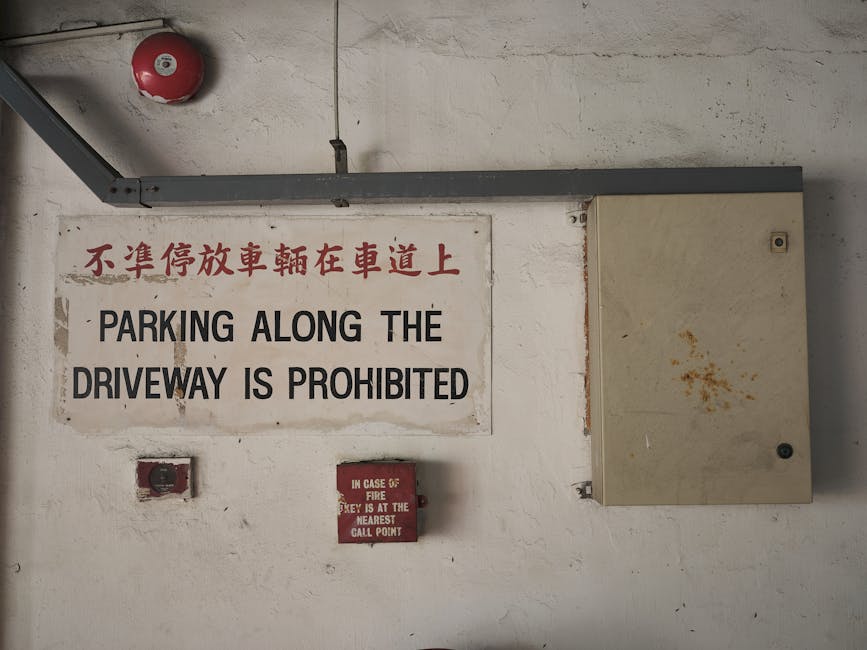Specialty Role Hiring GCC Catering
Understanding GCC Labor Laws for Catering Roles
Firstly, GCC countries enforce strict labor laws that specifically impact catering businesses. For example, the UAE’s Ministry of Human Resources and Emiratisation sets clear guidelines. Similarly, Saudi Arabia’s Vision 2030 reforms have updated many regulations. Moreover, these laws differentiate between standard and specialty roles. Therefore, employers must classify positions correctly to avoid penalties.
Furthermore, key considerations include working hours, overtime pay, and termination procedures. Specifically, catering staff often work unconventional hours, making compliance complex. However, following regional standards ensures smooth operations. For instance, the UAE Labour Law outlines mandatory rest periods. Thus, understanding these rules is fundamental for specialty role hiring in GCC catering.
Visa and Work Permit Requirements for Catering Staff
Secondly, securing proper visas and work permits is a multi-step process. Typically, it begins with quota approval from the relevant ministry. Next, employers must apply for entry permits and medical testing. Importantly, specialty roles often require additional documentation. For example, executive chefs may need attested educational certificates and experience letters.
Additionally, countries like Qatar and Kuwait mandate background checks. Meanwhile, Bahrain requires catering staff to obtain food handler certificates. Consequently, preparation is key to avoiding delays. According to Gulf News, processing times can vary significantly. Therefore, starting early ensures timely staffing for your catering operations.
Qualification and Certification Standards
Thirdly, verifying qualifications is non-negotiable for specialty catering roles. Specifically, positions like pastry chefs or sommeliers require proven expertise. Moreover, many GCC countries demand attested degrees and professional certifications. For instance, the Dubah Food Safety Department mandates specific training for kitchen managers.
Furthermore, common requirements include:
- Food safety certifications (e.g., HACCP, ISO 22000)
- Attested educational documents from home countries
- Professional references and portfolio reviews
- Health certificates and vaccination records
Thus, thorough documentation checks are essential for compliance.
Sector-Specific Compliance Challenges
Meanwhile, the catering industry faces unique compliance hurdles. Particularly, seasonal fluctuations demand flexible staffing solutions. However, GCC labor laws have strict rules regarding temporary contracts. Additionally, cultural considerations, like serving during Ramadan, require special permits.
Moreover, language barriers can complicate training and compliance. Similarly, understanding local customs is crucial for client-facing roles. Therefore, investing in cultural orientation programs is wise. According to a Deloitte report, these nuances significantly impact service quality. Hence, addressing them proactively enhances compliance and performance.
Best Practices for Compliant Hiring Processes
Next, adopting best practices streamlines specialty role recruitment. Firstly, develop a checklist for each position’s requirements. Secondly, partner with accredited recruitment agencies. These agencies often have expertise in GCC catering compliance. Moreover, they can expedite visa processing and documentation.
Furthermore, implement standardized onboarding procedures. This includes:
- Verifying all documents through official channels
- Conducting mandatory health screenings
- Providing region-specific training on labor laws
- Securing appropriate insurance coverage
Ultimately, these steps minimize risks and ensure full compliance.
Penalties for Non-Compliance in GCC Catering Hiring
Additionally, penalties for non-compliance can be severe. For example, hiring without proper work permits leads to hefty fines. In some cases, it may result in business suspension or deportation. Similarly, misclassifying specialty roles violates labor laws. Consequently, regular audits are crucial.
Moreover, common violations include:
- Expired visas or work permits
- Inadequate safety training records
- Failure to meet quota requirements
- Unattested educational certificates
Therefore, maintaining meticulous records avoids legal troubles. The Saudi government portal provides updated penalty guidelines. Hence, staying informed protects your business.
Leveraging Technology for Compliance Management
Finally, technology simplifies compliance tracking. Specifically, HR software can automate document renewal alerts. Similarly, digital record-keeping ensures easy access during inspections. Moreover, platforms like Bayzat and ZenHR cater to GCC regulations.
Furthermore, these tools help manage:
- Visa expiration dates and renewal processes
- Employee qualifications and certification tracking
- Work hour monitoring and payroll compliance
- Training program completion records
Thus, investing in technology enhances efficiency and reduces errors.
FAQ: Compliance Rules for Specialty Role Hiring
What are the key compliance rules for hiring executive chefs in the GCC?
Executive chefs require attested culinary degrees, experience certificates, food safety certifications, and valid health records. Additionally, they must pass background checks and obtain appropriate work permits.
How long does the visa process take for specialty catering roles?
Typically, the process takes 4-8 weeks. However, it varies by country and role complexity. Delays often occur due to documentation issues or medical testing.
Are there specific compliance rules for hiring female catering staff?
Yes, some GCC countries have specific regulations regarding working hours and accommodation for female employees. Employers must provide safe transportation and gender-segregated facilities where required.
What certifications are mandatory for catering supervisors?
Supervisors need food safety certifications (like HACCP), attested educational documents, and often leadership training certificates. Health cards are also mandatory across all GCC states.
Can I hire temporary staff for seasonal catering events?
Yes, but temporary staff still require full work permits and visas. Some countries offer short-term contracts, but all standard labor laws apply.
Conclusion: Ensuring Ongoing Compliance
In conclusion, mastering compliance rules for specialty role hiring in GCC catering is essential for operational success. Firstly, understand regional labor laws and visa requirements. Secondly, verify qualifications and maintain meticulous records. Additionally, leverage technology to streamline processes. Finally, conduct regular audits to avoid penalties. Ultimately, compliant hiring protects your business and enhances reputation. Ready to optimize your hiring strategy? Contact our experts today for personalized guidance. Alternatively, explore our resource library for more insights. Don’t wait—ensure your catering staff meets all GCC standards now!




